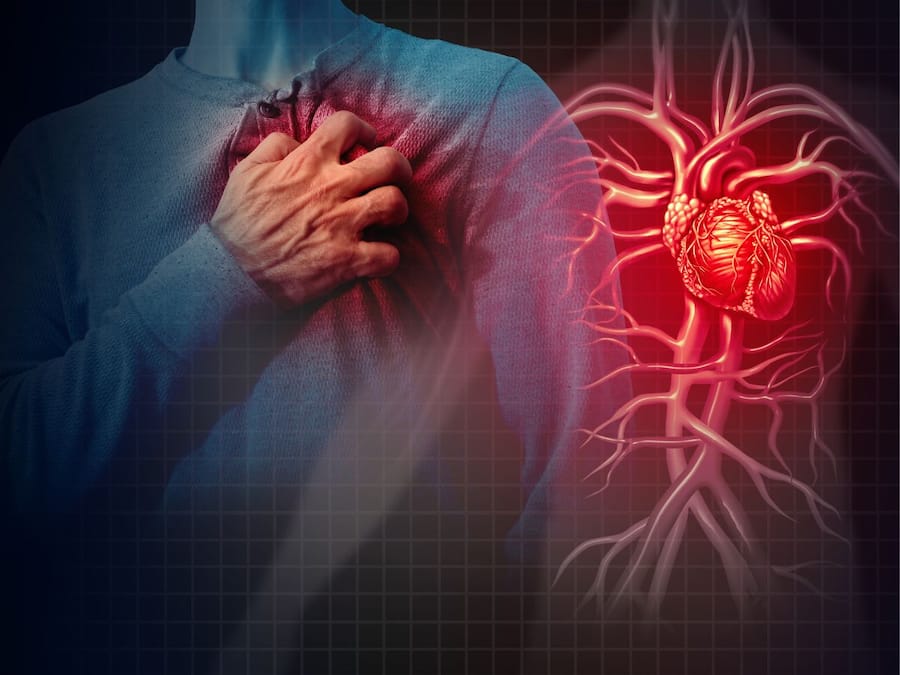VERIFIED By Dr Subrat Akhoury, Chairman- Cath Lab & Interventional Cardiologist and Head, Asian Hospital, Faridabad

Knowing what tests help you detect your heart risks in advance can lead to early detection, effective treatment, and a healthier, longer life.
Our busy work schedules leave us with little time to focus on ourselves. The healthy lifestyle that we all dream of has taken a backseat, which in turn has harmed us in more ways than one, including heart issues, cancers and several hormonal imbalances, among others. Amidst all this, it is crucial to maintain our heart health for overall well-being. The heart is a vital organ that pumps oxygen-rich blood to our entire body. Heart health plays a significant role in identifying and addressing potential heart-related problems before they get out of hand. Screening for heart problems is crucial because these conditions often don’t show symptoms of high blood sugar, high cholesterol, or other risk factors for heart illness.
Other tests to diagnose heart disease besides blood tests and a chest X-ray can include:
- Stress or exercise tests: Typically, these tests entail stationary bike riding or treadmill walking while cardiac monitoring is done. Exercise tests help determine how the heart reacts to physical activity and if signs of heart disease manifest during exercise. You may be prescribed medicine if you are unable to exercise. Although a stress test is the best method to assess how effectively your heart responds to exercise.
- Echocardiogram: This noninvasive examination may produce precise photographs of the beating heart using sound waves. It displays the flow of blood via the heart’s valves. If a valve is leaking or constricted, an echocardiogram might help identify it. An echocardiogram can also help identify any problems with the heart.
- Holter monitoring: A portable electrocardiogram (ECG) gadget called a Holter monitor records the heart’s activity while one is doing regular activities. It is worn for one or more days. This test can detect an irregular heartbeat not discovered during a routine ECG check.
- Magnetic resonance imaging (MRI) scan of the heart: A magnetic field and computer-generated radio waves are used in a cardiac MRI to provide finely detailed pictures of the heart.
- Catheterization of the heart: This test can reveal cardiac artery blockages. The heart’s arteries can be dyed during the exam, increasing their visibility on X-ray images.
- Echocardiogram (also known as EKG or ECG): An electrocardiogram (ECG) can detect irregular cardiac rhythms or injury to the heart muscle.
- CT scan of the heart (cardiac): The gadget moves an X-ray tube around your body to take pictures of your chest and heart.
Knowing what tests help you detect your heart risks in advance can lead to early detection, effective treatment, and a healthier, longer life.
